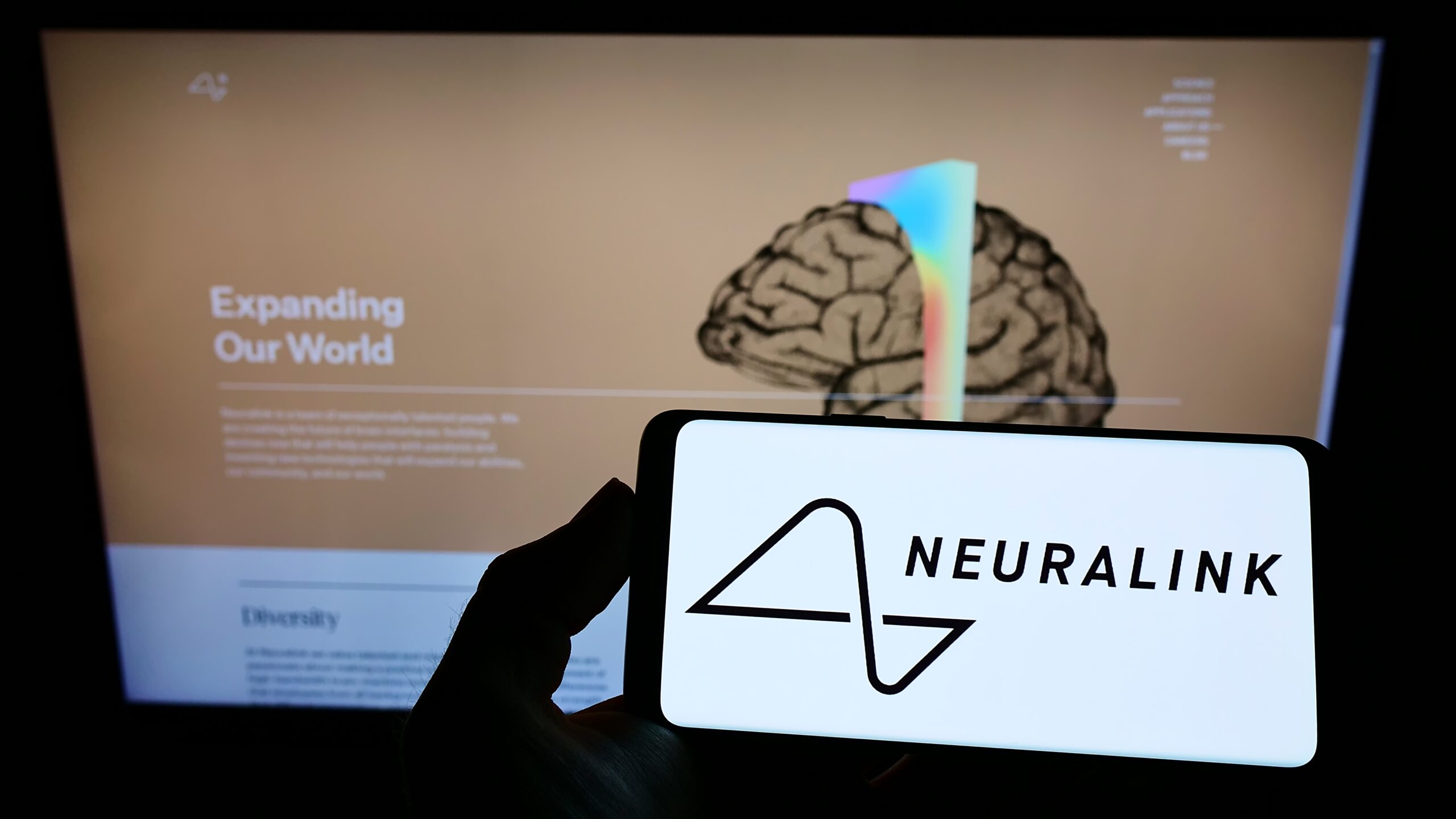There is no doubt that one of the most visionary entrepreneurs that exist these days is Elon Musk, since he is not only behind innovative projects such as SpaceX and Tesla, but he has also taken his ambition to the field of neurotechnology with Neuralink.
This company, founded with the goal of merging the human mind with artificial intelligence, has been in the spotlight since its origins. However, recent developments have highlighted the significant challenges Neuralink faces in its quest to revolutionize human-computer interaction through brain implants.
In January of this year, Neuralink reached a major milestone by conducting the first test of its controversial brain implant in a human. The news was received with a mix of fascination and skepticism, as the technology promised such amazing capabilities, including being able to control devices with the mind. Test patient Noland Arbaugh became the focus of attention when Elon Musk shared a video on his Twitter account showing him playing video games and chess using only his mind.
The first human patient to receive a Neuralink brain implant, 29-year-old Noland Arbaugh, has demonstrated the ability to control a computer and play video games using only his thoughts. Arbaugh, who is paralyzed from the shoulders down due to a diving accident, underwent surgery… pic.twitter.com/svLGag0XHT
— Dharmishtha (@Dharmishtha_D) May 9, 2024
First failures reported with the Neuralink chip
When everything seemed to be going smoothly, in recent days, Neuralink confirmed that there have been technical problems with the implant, as some of the wires with electrodes, which are inserted into the brain tissue, retracted after surgery, which affected negatively its functioning. This setback raised questions about the long-term viability of this technology and raised concerns about patient safety.
In this situation, Neuralink has responded with corrective measures, including software adjustments to improve the device’s sensitivity to neural signals. These modifications have resulted in significant improvements in the performance of the implant, even exceeding the initial expectations for the Arbaugh patient. However, the technical problems underscore the complexity of working within the human brain and the need to adapt to its environment.

Neurosurgical experts have noted that human brain mobility presents unique challenges, compared to animal models used in previous tests. Eric Leuthardt, a neurosurgeon at the University of Washington, explained that movement of the brain within the skull can cause disturbances in the implants, which does not occur to the same extent in animals with smaller brains.
For his part, Matt Angle, CEO of Paradromics Inc., a rival company in the field of brain implants, highlighted that the problems experienced by Neuralink are not common in this type of device. This statement suggests that Neuralink is facing specific challenges that require innovative solutions adapted to the human brain environment.
Despite the setbacks, Neuralink continues to advance its mission to improve the interface between the human brain and machines. The company has announced plans to improve the functionality of the implant, including text input and cursor control, with the long-term vision of expanding its application to physical-world devices, such as robotic arms and wheelchairs.
Keep reading:
* Jensen Huang, the Taiwanese migrant who went from washing dishes to founding Nvidia, the microchip technology giant worth more than Google and Amazon
* “Companies already read our minds and will know even more with neurotechnology”
* How Telepathy works, the brain chip that Elon Musk claims was implanted in a human (and what doubts it raises)
